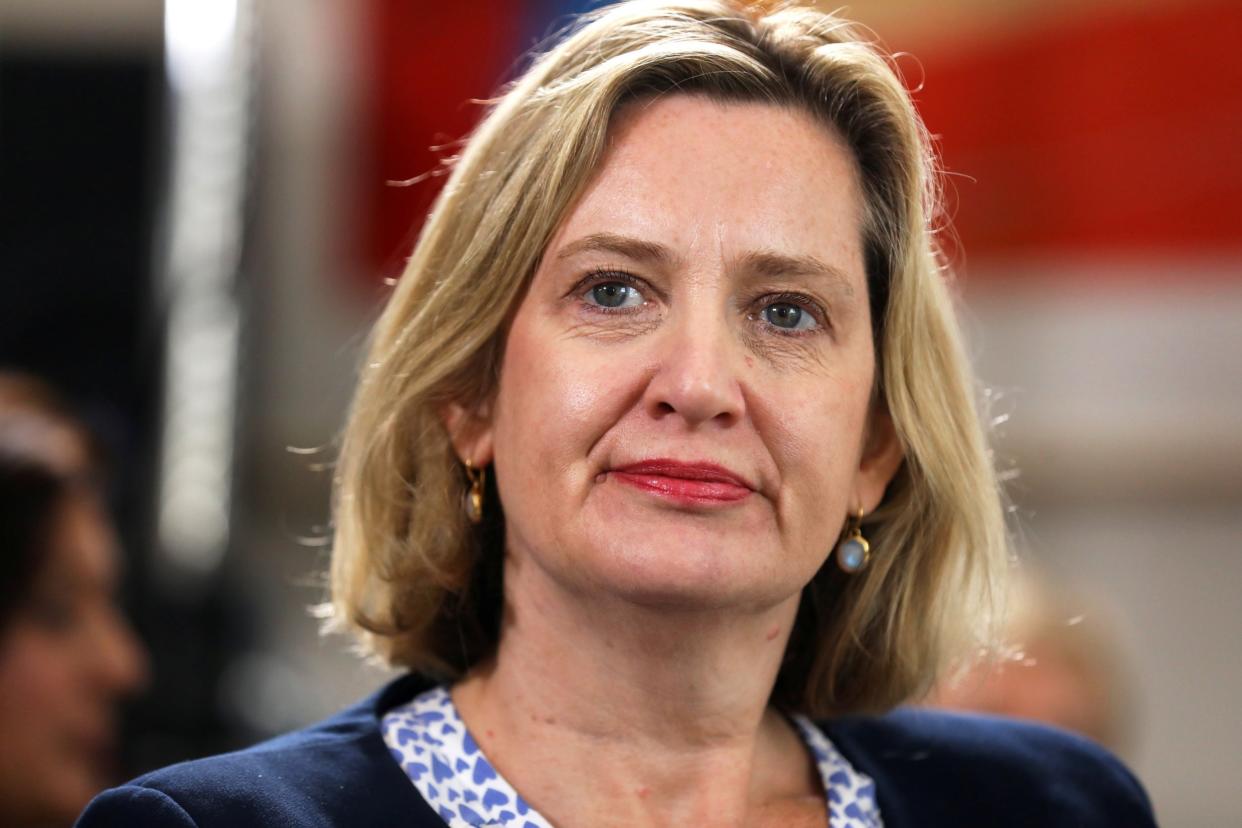Brexit: Ex-Conservative cabinet ministers hint at rejecting Boris Johnson's new plan over 'hit to manufacturing'

Senior former Conservative cabinet ministers have hinted they will reject the UK’s new Brexit plan in a fresh headache for Boris Johnson, one warning it will “hit manufacturing”.
The proposals – even if they are turned into a deal with the EU – are unlikely to pass in the Commons without the backing of Tories who backed Theresa May’s doomed deal.
But David Gauke, the former justice secretary, attacked the drift to a harder Brexit, with Mr Johnson now aiming for a Canada-style trade agreement instead of aligning with EU rules.
“Parliament will need to be reassured that it is not being asked to nod through a Brexit that comes at an unnecessarily high economic price,” he said.
And Amber Rudd, the former home secretary, went further, saying the new blueprint failed to “support the economy and business” to the extent of Ms May’s rejected agreement.
“My concern with the proposal – let’s not call it a deal yet – the proposal that we have at the moment, is that there is no sign of a level playing field, of regulatory alignment for rest of the country outside of Northern Ireland,” she said.
“That will hit manufacturing, so I’m concerned about that element of it.”
Ms Rudd said she would wait to see the details of the ‘political declaration’ – the non-binding aims for a future trade deal with the EU that will sit alongside any exit agreement – adding: “I’m not giving unconditional support.”
No 10 has refused to set out the text of the declaration, but has signalled it wants to abandon Ms May’s so-called ‘level playing field’ pledges not to water down workers’ rights, or environmental and safety standards.
Academics warned at the weekend that it amounted to a hard Brexit that would knock up to £50bn off the economy and leave everyone in the UK £2,000 worse off.
Both Mr Gauke and Ms Rudd now sit as independents, the former having been sacked for helping to block a no-deal Brexit while Ms Rudd quit the parliamentary party soon afterwards.
Although the focus is on whether Mr Johnson can retain the support of the Democratic Unionist Party and the hardline European Research Group, the votes of the 21 exiled former Tories will also be crucial.
The 19 Labour MPs who have said they will vote for a deal will also drift away if the prime minister refuses to offer protections for the economy and for workers.
The aims of the political declaration also have consequences for the chances of reaching an agreement in Brussels, because the EU is seeking guarantees on the likely need for an Irish backstop.
Michel Barnier, the chief negotiator, told EU ministers that it could offer only an inferior trade agreement to Canada’s unless the UK accepted close alignment to its rules, because of its size and proximity.
The issue will come to a head by Saturday if Mr Johnson presses ahead with weekend vote on his proposals, even in the absence of a legal text agreed with the EU.
No 10 suggested the vote would be on both the withdrawal agreement and the political declaration – with the clock ticking down to the 31 October scheduled exit date
Read more
Live: EU tells UK its Brexit plans 'not good enough'
We must be deadly serious about tactical voting in the coming election
Tory leaflet leak appears to show Johnson has accepted Brexit delay
Why Johnson’s EU deal would actually mean a hard Brexit
Half a million pounds raised for massive Final Say march

 Yahoo News
Yahoo News 
